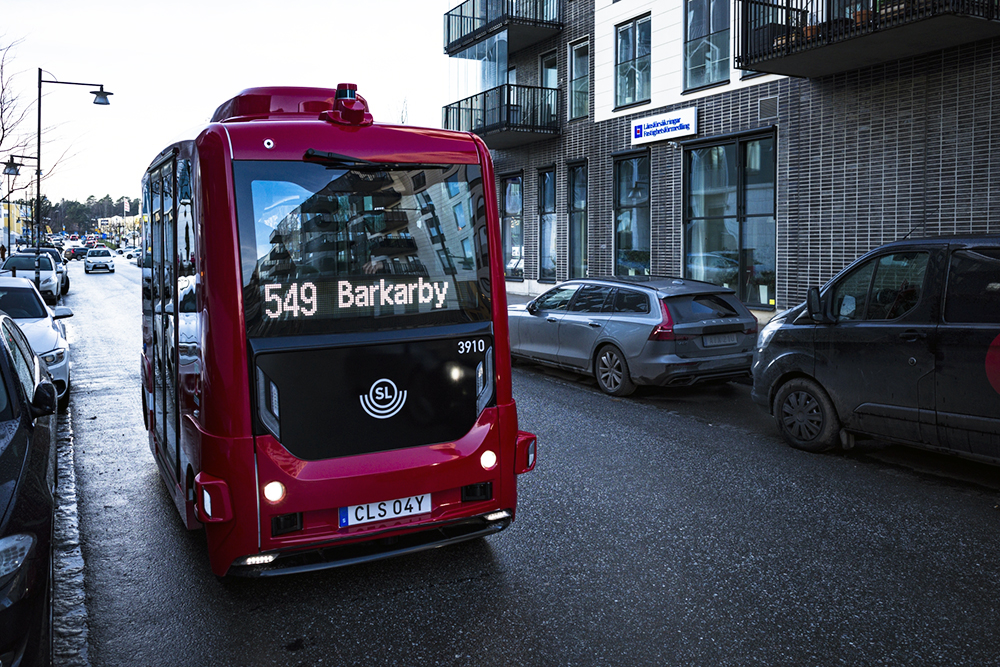Self-driving vehicles - Are we ready?

With more autonomous vehicles on our roads, road deaths are predicted to decrease. At the same time, the risk of both increased emissions and seriously impaired public health rises. A new KTH study offers a critical assessment of the introduction of autonomous vehicles on our roads.

"The image of self-driving technology is very unbalanced. It is seen as straightforwardly positive even though the effects can be more mixed, and in some cases negative," says Erik Almlöf , a PhD student researching the societal effects of autonomous vehicles.
Safety is usually presented as the major societal benefit when discussing the introduction of self-driving cars. Collisions and other road accidents resulting in death and injury may be significantly reduced, since human behaviour is responsible for 90 percent of all road accidents.
"But even if we expect very large improvements in accident statistics, this gain may be less than the number of deaths due to increased emissions of hazardous substances," he says.
Emissions from brakes
At present, it is estimated that more than 3000 Swedes die annually due to emissions from road traffic. This is more than ten times the number of deaths in road accidents. Almlöf fears that this figure could increase further when self-driving vehicles become widespread.
"As self-driving technology makes the car available to more people, more kilometres are travelled, increasing local emissions and leading to more deaths, particularly from lung and cardiovascular problems.”
Even if the vast majority of autonomous traffic in the future consists of electric vehicles, emissions from brakes and tires will persist.
Electric cars are significantly heavier than fossil fuel cars due to their batteries. This leads to an increased stress on both brakes and tires, which in turn means more particulate emissions.
"The exact impact of this is an ongoing field of research, but a thesis from last year shows that the health problems caused by electric cars can be as great as those caused by petrol and diesel cars.”
Traffic planners
In his study, Almlöf interviewed traffic planners in Stockholm on how to continue to achieve societal goals in health and the environment.
Traffic planners want to see increased improvements in several areas such as electrification, public transport, construction planning and a shared economy. Policy instruments such as taxes, subsidies, information, new legislation and other political decisions are intended to counteract any negative effects.
"I would like to see more proactive work. We should not just wait for the self-driving vehicles to arrive and then react when the effects are known. We risk locking ourselves into certain types of solutions that increases city centre traffic which ultimately will decrease the acceptance for reducing car traffic," says Almlöf.
Text: Christer Gummeson

